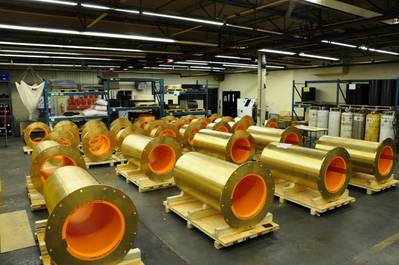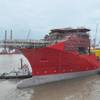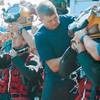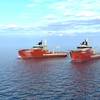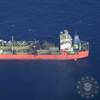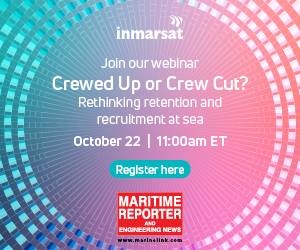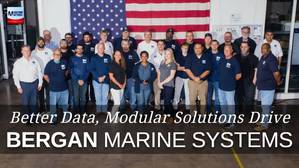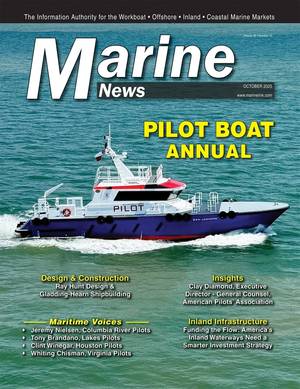Thordon Plays Key Role in AOPS
Canada’s Irving Shipbuilding has cited Thordon Bearings as one of a number of partners playing a pivotal role in ensuring the Royal Canadian Navy’s (RCN) new Arctic and Offshore Patrol Ships (AOPS) are capable of environmentally sustainable operations.
The first two in a series of six twin-screw vessels entrusted to Irving Shipbuilding, have been put to water with Thordon’s COMPAC water lubricated propeller shaft bearings, which the shipbuilder says are “environmentally progressive” resulting in “zero risk of pollution”.
In a recent article, the shipbuilder said, “Thordon Bearings is a key part of efforts to ensure that the power produced by Canada’s new Arctic and Offshore Patrol Ships (AOPS) will move the vessels in an efficient, reliable, and environmentally safe manner.”
The successful launch of the first two ships in the series underscores Thordon’s long association with both shipbuilder and RCN, a history that dates back to the early 1990s.
Aaron Plamondon, Director Industrial Participation, Irving Shipbuilding, said, “Thordon brings decades of water lubricated bearing expertise to the AOPS program, having supplied COMPAC propeller shaft bearings to twelve Halifax-class frigates, the first of which we delivered in 1992.
“Since then, we have worked closely with Thordon Bearings to deliver complete packages to a number of naval programs, including the Hero-class Mid Shore Patrol Vessels for the Canadian Coast Guard and now these new AOPSs for RCN.”
Thordon Bearings’ President and CEO, Terry McGowan, said, “We are delighted to once again partner with Irving Shipbuilding to deliver these state-of-the-art vessels to the RCN fleet. The first Halifax installation brought Thordon water lubricated bearing technology global attention. And today, COMPAC is the bearing of choice for navies worldwide, not only for ship survivability and readiness reasons but also because use of seawater as a lubricant means there is zero risk of pollution. With these AOPS’s due to operate in ecologically sensitive areas, environmental protection was a key element in their design.”
The 103 meter (338 ft.) long HMCS Margaret Brooke and HMCS Harry DeWolf, both due for delivery later this year, feature a diesel-electric powertrain with four 3.6MW diesel generators producing electricity for two 4.5MW propulsion motors.
Each 480mm (18.9in) diameter propeller shaft is water lubricated with the award-winning COMPAC bearing arrangement in a scope of supply that includes bearing carriers, split keys, and a Thordon Water Quality Package. Dartmouth, NS based Avalon Marine Limited worked with Irving Shipbuilding to specify Thordon SXL grease-free bearings for the rudder as well. Thordon’s world leading reference list and Royal Canadian Navy experience made the choice simple, with the added benefit that the bearings are made in Canada, by Canadians.
The exceptionally low wear rate and consequent reduction in maintenance has proven to be another important benefit for the Royal Canadian Navy.
“The propeller shaft bearing wear data collected from the Halifax-class and other ships in the RCN fleet operating COMPAC bearings has shown remarkably low rates of wear, with these vessels avoiding frequent drydocking for replacement of bearings,” said Scott Groves, Thordon’s Regional Manager – Americas.
“The success we have had today is a direct result of the willingness of the Canadian authorities to try a then-new technology almost 30 years ago.”
Over 45 navies and coast guards around the world now specify Thordon Bearings’ COMPAC as standard, with recent orders for the Royal Australian Navy, French Navy, Brazilian Navy, Taiwan Navy and the United Arab Emirates Coast Guard.



